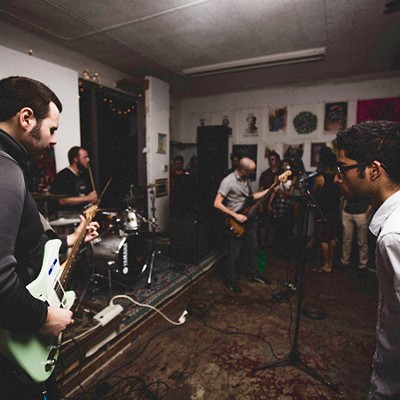France's Council of State turned down an otherwise-acceptable petition for citizenship by a French Moroccan woman in July, on the ground that her total submission to her husband makes her "insufficient(ly)" "assimilat(ed)" into the country's ethos of gender equality. The 32-year-old Muslim veils her entire body in public except for a narrow slit for the eyes and, for example, rejects the idea of voting, in that such matters should be left entirely to the discretion of her husband and male relatives.
"The days of the ceramics trade here are numbered," lamented Francisco Figueriredo, 68, and the specific ceramics trade of his region (Portugal's Caldas da Rainha) happens to be ornamental penises. For more than 30 years, Figueriredo and his wife have been two of a small number of craftspeople who have shaped and molded various models for export (e.g., mugs with penis extensions, penis-shaped bottles, ceramic soccer figures with penises peeking out from under flags). A July Reuters dispatch attributed the decline to a general loss in the provocativeness of public sexual displays.
The government of France announced that, starting next year, it will regulate the booming business of country-western line dancing, by, among other measures, requiring licenses of teachers, after 200 hours' instruction. Inexplicably, at least 100,000 people in the country line dance weekly, and the popularity is growing, according to a May dispatch in The Times of London. A French Dance Federation official said he guesses the preference of line dancing over square dancing is the French preference for no physical contact.
Questionable Judgments: Dr. Frederick Lobati, 47, was charged last year with felony abuse of his daughter in Ozark, Mo., but in June 2008 offered the defense that, being of African heritage, he was merely applying a "konk" (a bare-knuckle punch), which is an acceptable punishment in his culture.
In June, the High Court in Johannesburg granted the request by a Chinese civil rights organization to switch Chinese South Africans from "caucasian" (as they were during apartheid) to "black" (which would allow them to better qualify for government benefits).





